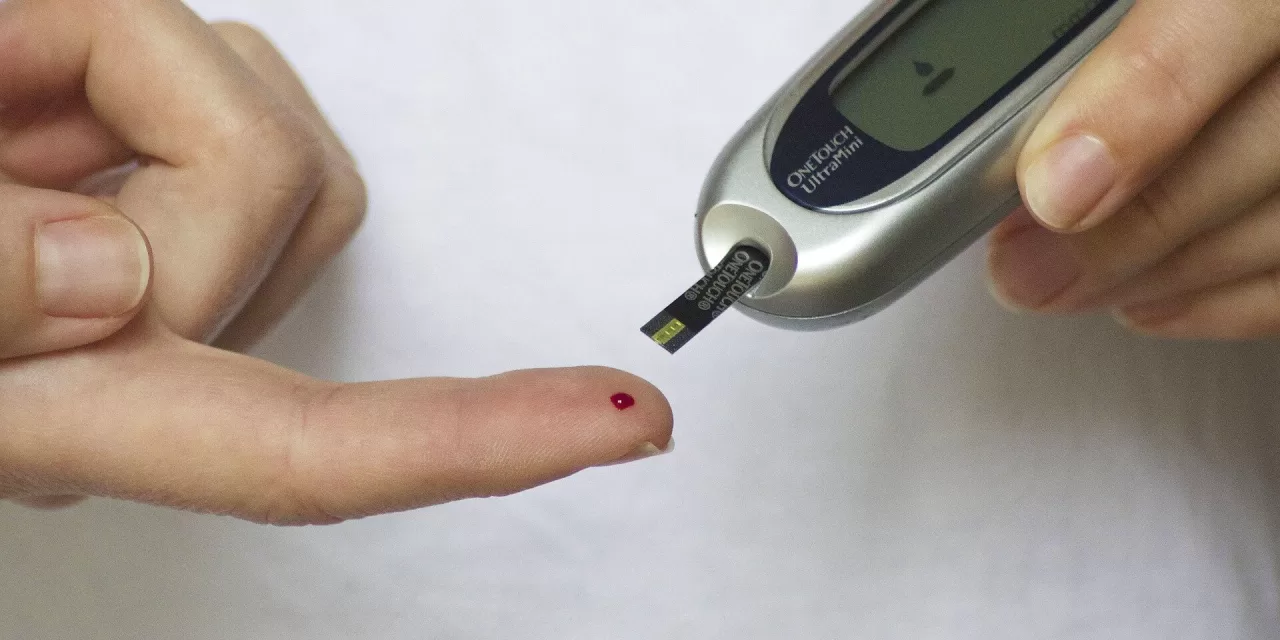Chennai, India — In a significant milestone for diabetes research, India’s first dedicated diabetes biobank has been established in Chennai, marking a major step forward in understanding and managing the widespread condition. The biobank, set up by the Indian Council of Medical Research (ICMR) in collaboration with the Madras Diabetes Research Foundation (MDRF), is designed to support cutting-edge scientific research aimed at improving diabetes care.
Located at the MDRF facility in Chennai, this biobank will collect, process, store, and distribute biological samples, specifically biospecimens from individuals affected by diabetes. These samples will provide vital data for researchers studying the causes of diabetes and its various types, including Type 1, Type 2, and gestational diabetes.
One of the primary objectives of the biobank is to gather samples from two important ICMR-funded studies: the ICMR-India Diabetes (ICMR-INDIAB) study and the “Registry of People with Diabetes in India at a Young Age at the Onset.” These studies focus on different aspects of diabetes, particularly its onset among younger populations in India, and will provide crucial insights into the unique factors contributing to the disease within the Indian context.
Dr. V Mohan, Chairman of MDRF, emphasized the significance of the biobank, highlighting its potential to identify biomarkers that could lead to early diagnosis and personalized treatment options for diabetes. “This biobank will not only help us understand the genetic and environmental factors contributing to diabetes but will also facilitate longitudinal studies that track the progression of the disease, its complications, and ultimately contribute to improved management strategies,” Dr. Mohan explained.
By creating a repository of biospecimens, the biobank will serve as an invaluable resource for researchers, enabling them to investigate how diabetes develops, how it affects the body over time, and how personalized interventions could improve outcomes for those living with the disease. It also opens the door for better preventative measures, particularly for India, where the prevalence of diabetes is on the rise.
The biobank’s research efforts will also be instrumental in developing more effective treatments tailored to the Indian population’s genetic and environmental profiles. In the long run, it could play a crucial role in reducing the burden of diabetes and its complications on individuals and healthcare systems alike.
The launch of this pioneering biobank is expected to bolster India’s position as a leader in global diabetes research, providing the necessary data and insights to address one of the country’s most pressing health challenges.
For further details, the findings and advancements from this biobank initiative have been published in the Indian Journal of Medical Research.
(Source: PTI News)












